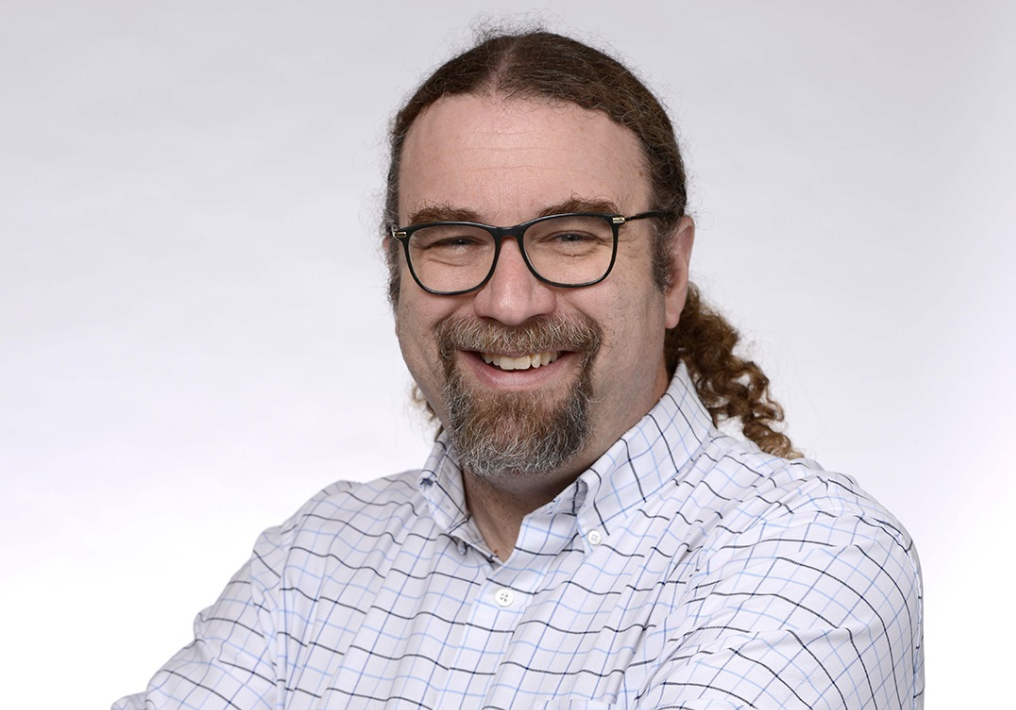
Though he didn’t know it at the time, Professor Evan Bentz (CivMin) was on his way to being an educator before he had even finished his undergraduate degree.
“My friends would ask me to help them learn the material, and I would basically run tutorials before our exams,” he says.
“From that, I learned how much fun it can be to teach.”
On July 1, Bentz was appointed vice-dean, undergraduate for the Faculty of Applied Science & Engineering.
In his new role, Bentz will build on the same passion for delivering quality education he experienced as an undergrad, and which has earned him honours such as the Faculty Teaching Award and the Civil Engineering Professor of the Year Award.
It also led him to serve as associate chair, undergraduate in the Department of Civil & Mineral Engineering since 2016, and to both serve on and chair the Faculty’s Academic Appeals Board and the Faculty Undergraduate Curriculum Committee.
Bentz likens good teaching to the performance of an actor on stage.
“A stage actor gives the same play every night to a different audience — we perform a different play, or lecture, every day to the same audience, or class,” he says.
“We are both telling a story and we both need to hold people’s attention. And we both get that instant thrill of connection that comes when we can see that what we are doing is helping someone understand something new.”
Bentz says that some of the biggest challenges and opportunities facing both professors and students these days stem from changes in technology.
“During the COVID-19 pandemic, we learned a lot about delivering material remotely, as opposed to the traditional in-person model,” he says.
“Online courses can work really well, and there is certainly a demand from students for some material to be delivered this way.
“On the other hand, some courses really don’t work well online, for example, those where there is a significant practical or hands-on component. There’s an opportunity to capitalize on the best of what online can offer in a way that is consistent with our educational values and goals.”
Another emerging technology that raises both pros and cons for Bentz is the increasing prevalence of artificial intelligence (AI).
“We’re training our students not just to work in the engineering profession as it exists today, but as it will be 20 years from now,” he says.
“We don’t know where AI will be in 20 years, but it does have the potential to disrupt our whole profession. Besides, engineers are the ones who are building these systems, so it’s something we should be thinking about carefully, and our programs may need to change as a result.”
Overall, Bentz is feeling optimistic about his new role, and says he takes a lot of inspiration from the trust his students place in him.
“If you think about it, over the course of an undergraduate degree, you go from being 17 years old to being 21 or 22,” he says.
“There’s a lot you learn in that time about being an adult, and about navigating new friendships and relationships and so on. Much of that happens outside of class, of course, but we can do our best to create an environment where everyone is supported and can grow together as a community.”
By Tyler Irving
This story originally published by Engineering News